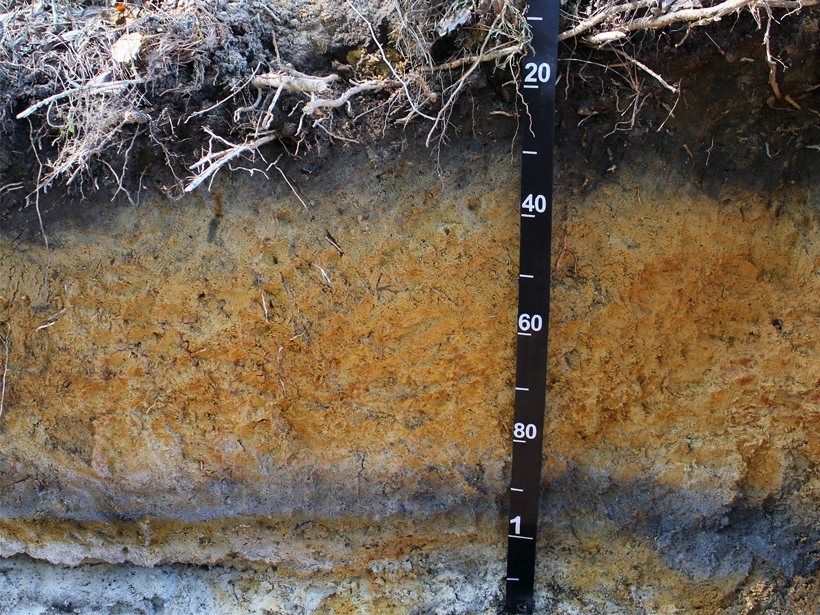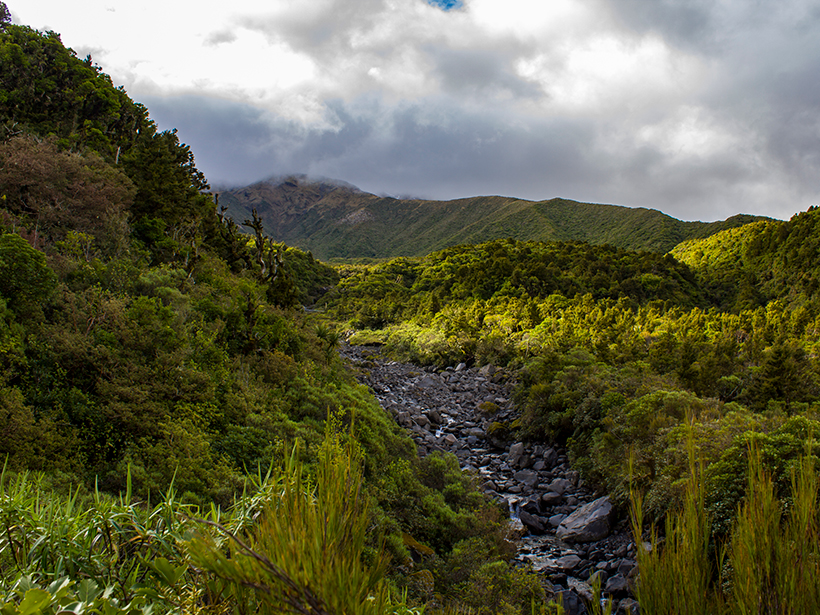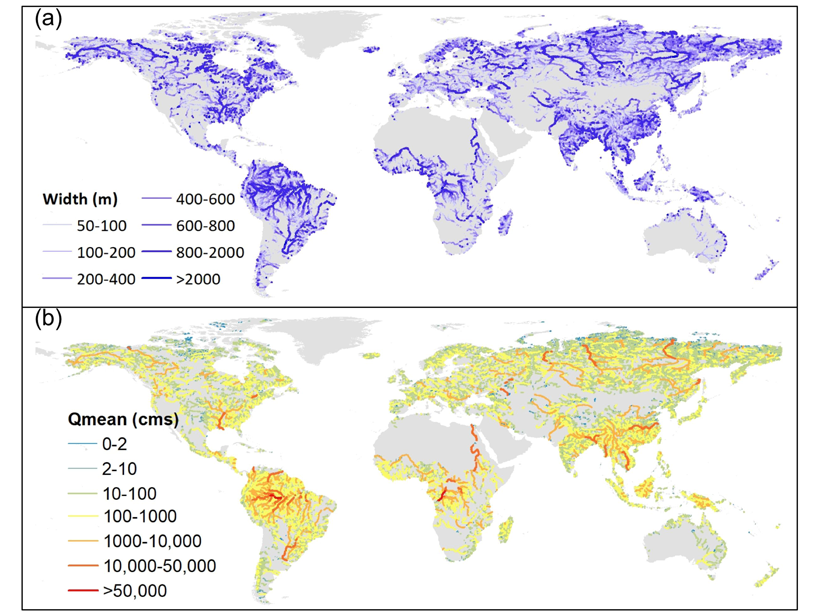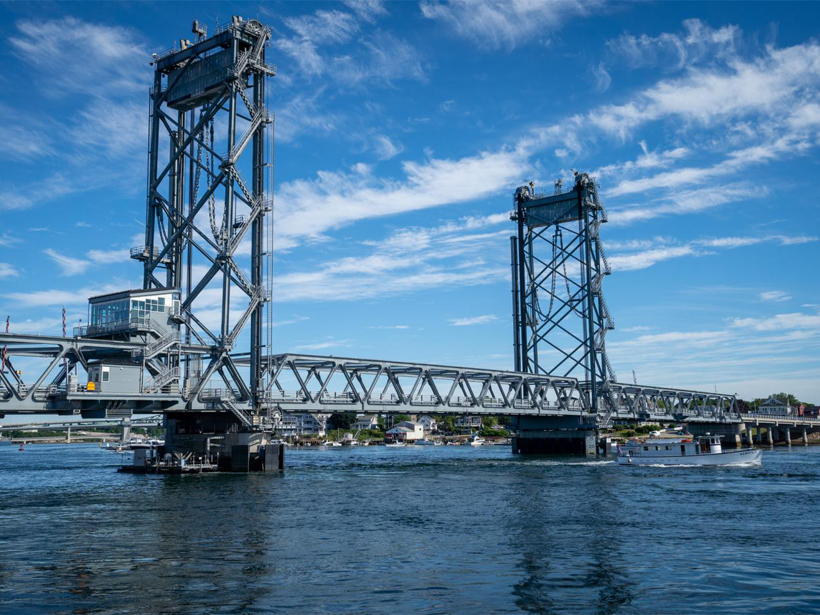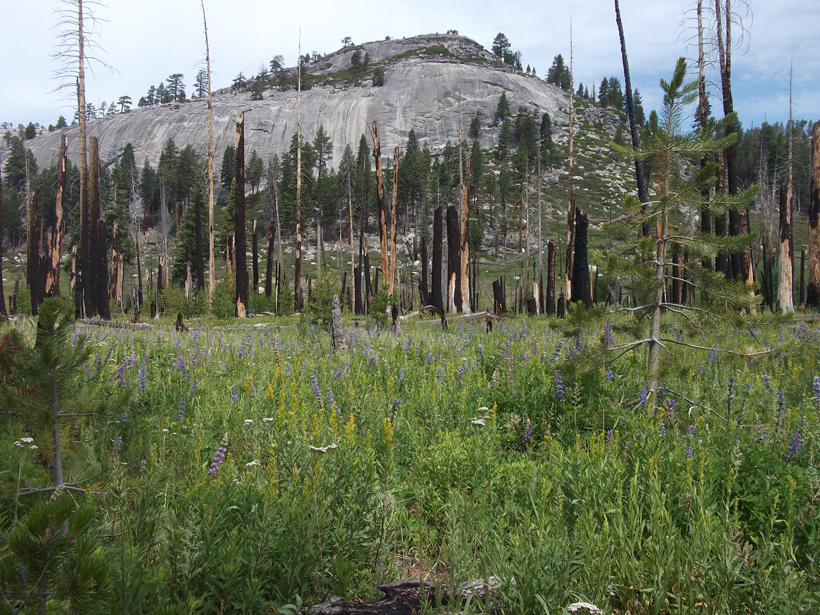A new methodology calculates the soil properties most likely to preserve pollen.
rivers
Permafrost Thaws Rapidly as Arctic River Flooding Increases
As climate warms, Arctic rivers carry higher flows and flood earlier in the spring, causing underlying permafrost to thaw rapidly.
Dry Rivers Offer a Preview of Climate Change
As the climate warms, many rivers that are currently perennial may become intermittent.
Diverting the Mississippi River May Not Save Louisiana’s Coast
New research finds that man-made river diversions have previously led to land losses.
Is Chicago Water Pollution Halting a Silver Carp Invasion?
Pollution is definitely not the solution to stopping invasive silver carp, researchers assert. But cleaner waters could affect the invasion front.
How Land Use Affects Nutrient Pollution in a Changing Climate
As heavy rain falls more frequently, the land alongside a river has a greater effect on the waterway’s nutrient levels—for better or worse.
Reconstructing Natural Streamflow at Unprecedented Resolution
A new research effort has mapped 35 years of naturalized streamflow for 2.94 million river reaches worldwide: an invaluable dataset for hydrology, biogeochemistry, ecology, and remote sensing.
Rivers Are a Highway for Microplastics into the Ocean
New research shows that rivers are the main road for all the plastic pollution that gets into the ocean, including microplastics.
This Bridge Monitors the Environment and Harnesses Tidal Energy
The “smart” Memorial Bridge spanning the Piscataqua is outfitted with a tidal turbine and more than 40 sensors.
Restoring Natural Fire Regimes Can Yield More Water Downstream
Research in Yosemite National Park offers a new benchmark for understanding water balance changes in a mountainous basin 4 decades after its natural wildfire regime was reestablished.

